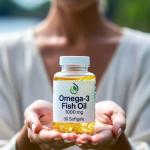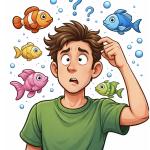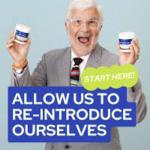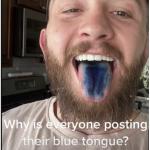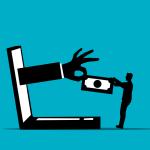Join Cameron English and Dr. Chuck Dinerstein on Episode 156 of the Science Dispatch podcast as they discuss:
supplements
It is estimated that there are more than 100,000 different dietary supplements on the market in North America.
Let’s play a guessing game. Name a former surgeon who “moved on” to bigger and better thing$, aka humping questionable dietary supplements. “Better” as in a bigger and better portfolio. Who comes to mind? Dr. Oz, of course, right?
You can find yourself down a rabbit hole exploring TikTok's #HealthTok hashtag, fueled by the latest wellness trends and health fads.
Creatine’s a powerhouse, backed by science. It amps up strength and recovery, adding up to 2 pounds of muscle in weeks with 3–5 grams daily. But the real buzz? Brain benefits!
While the findings sound alarming, it's not that rare.
Cinnamon may have many uses in the kitchen, but its popularity is surging for other reasons. In the past, research has shown it could reduce blood glucose levels in Type 2 diabetes, as well as improve other conditions.
Methylene blue is a hashtag paradise on TikTok, where 5,500 #bluetongue videos were posted. Why? Ignoring the normal idiocy seen on the site there are all kinds of claims that it does wonders for [you name it].
